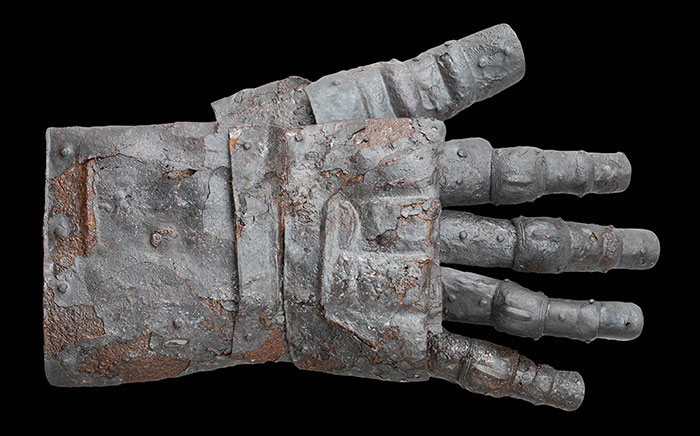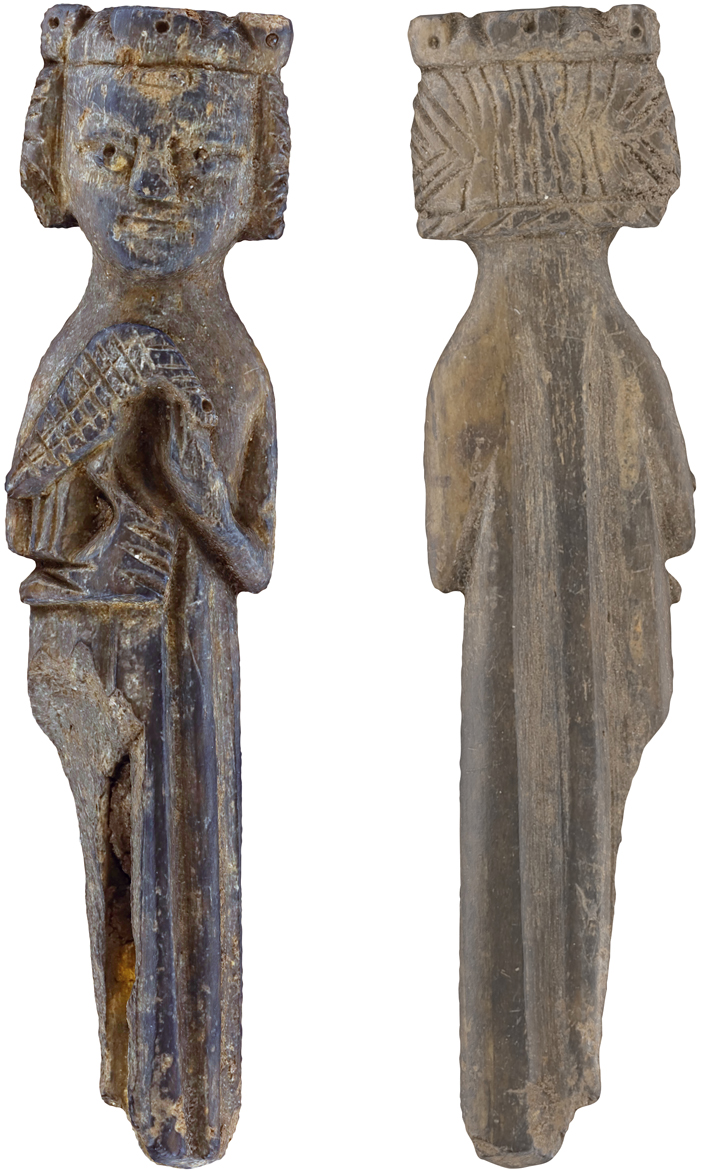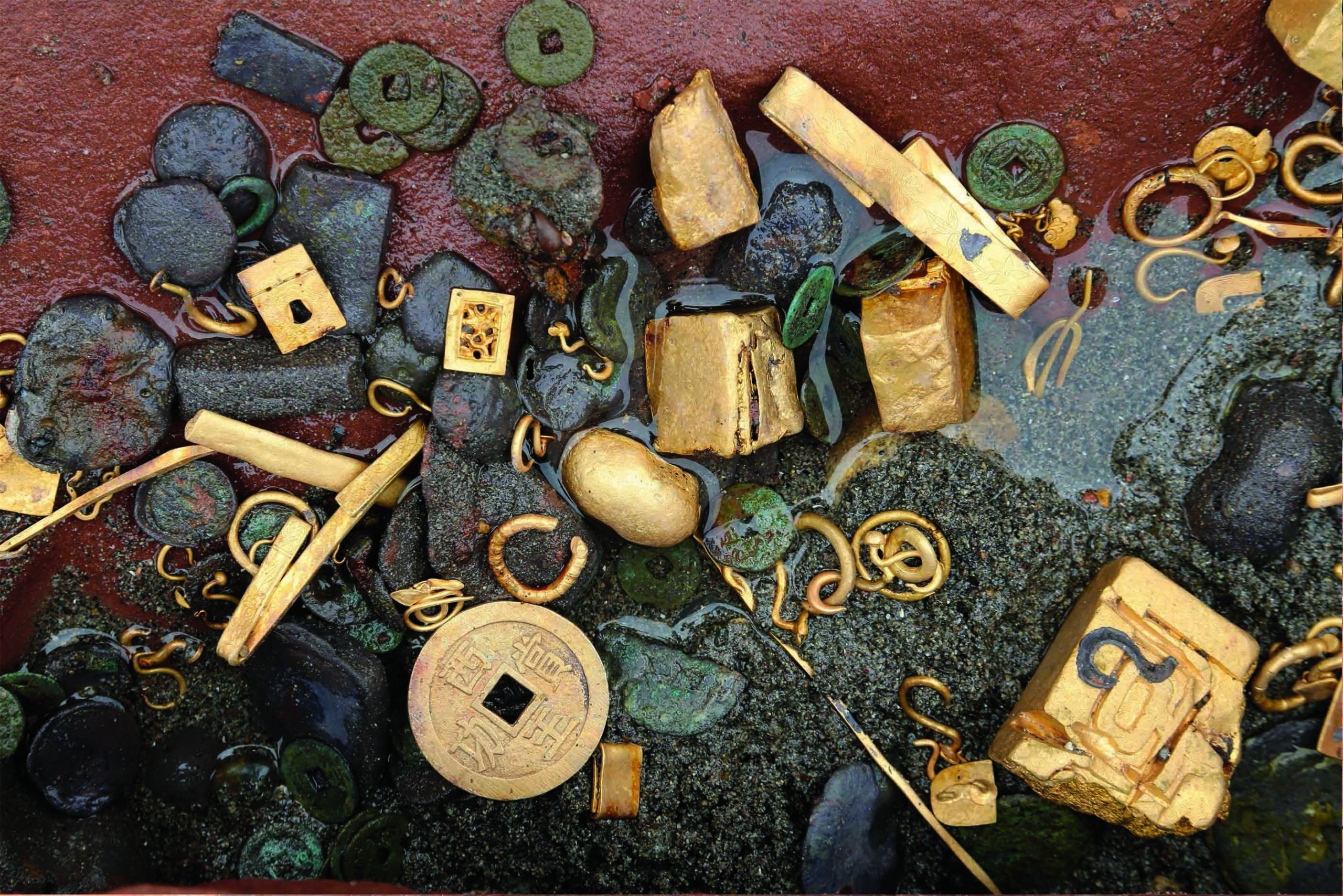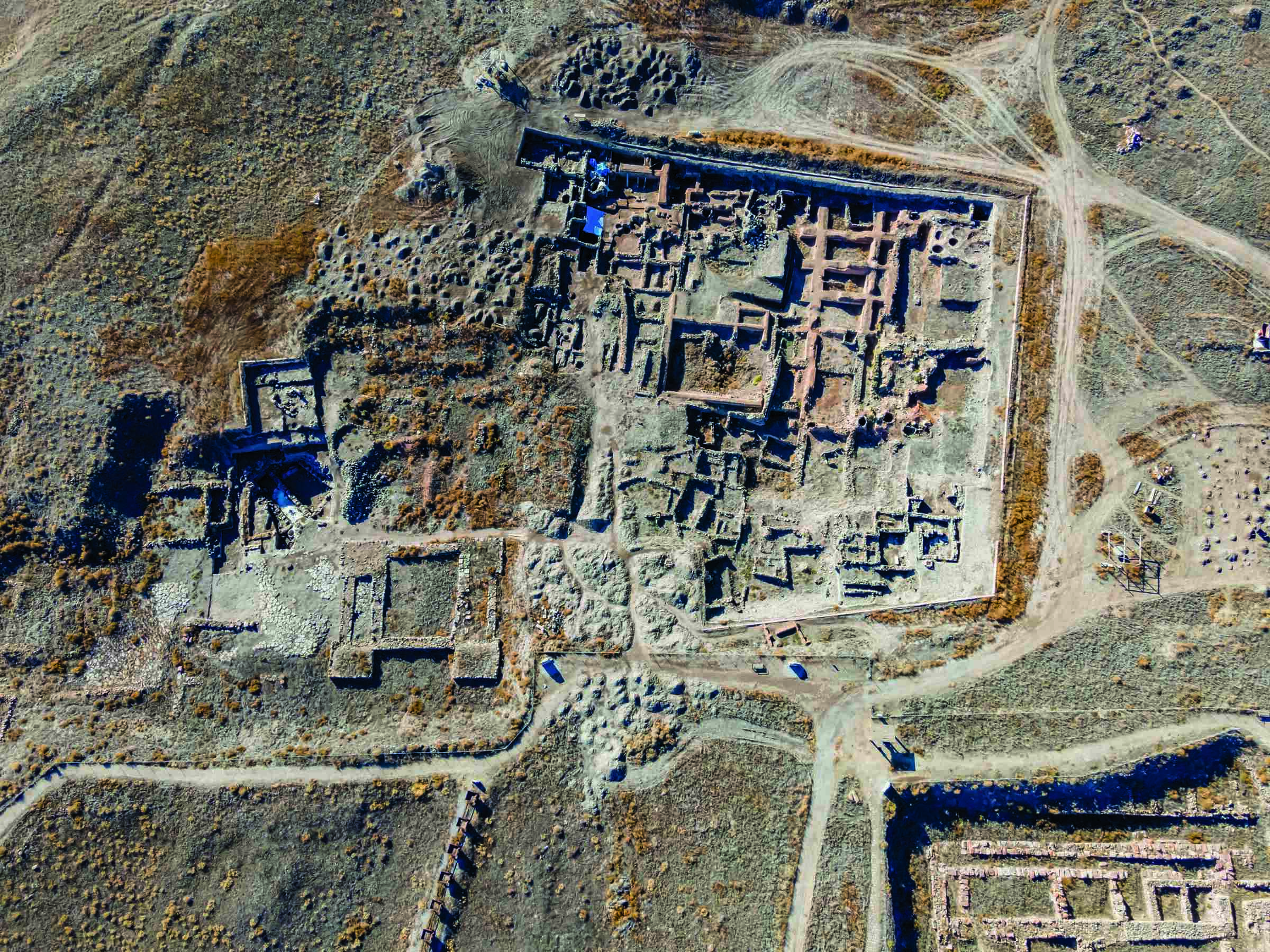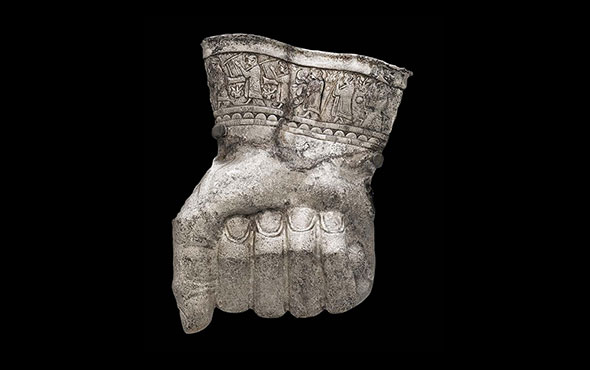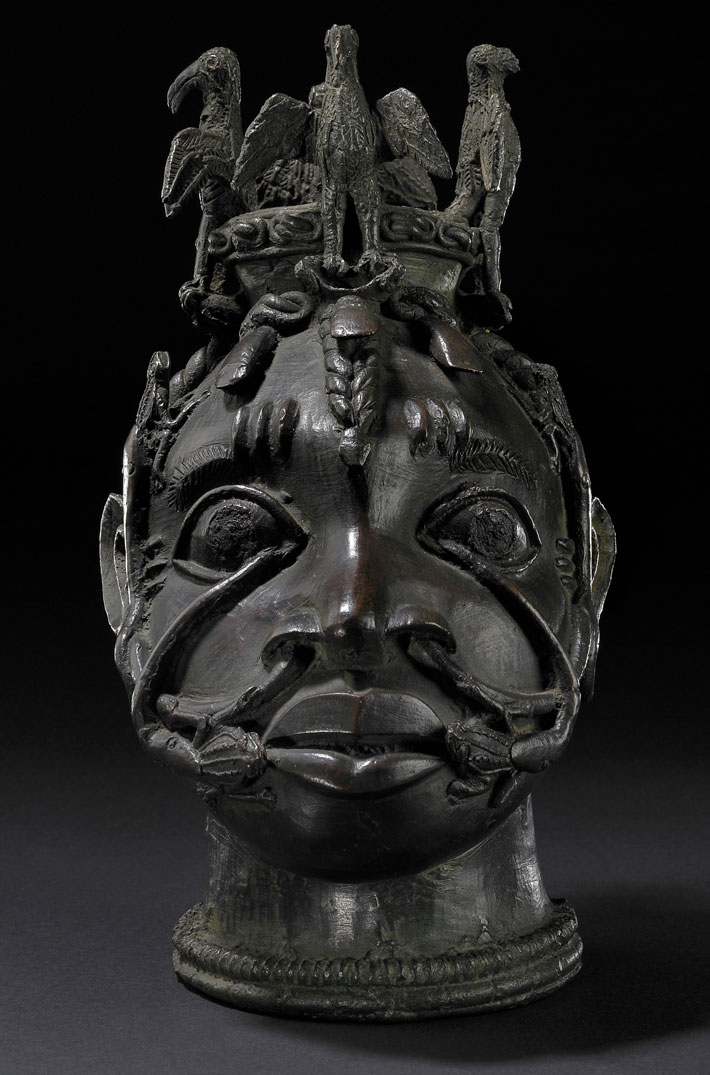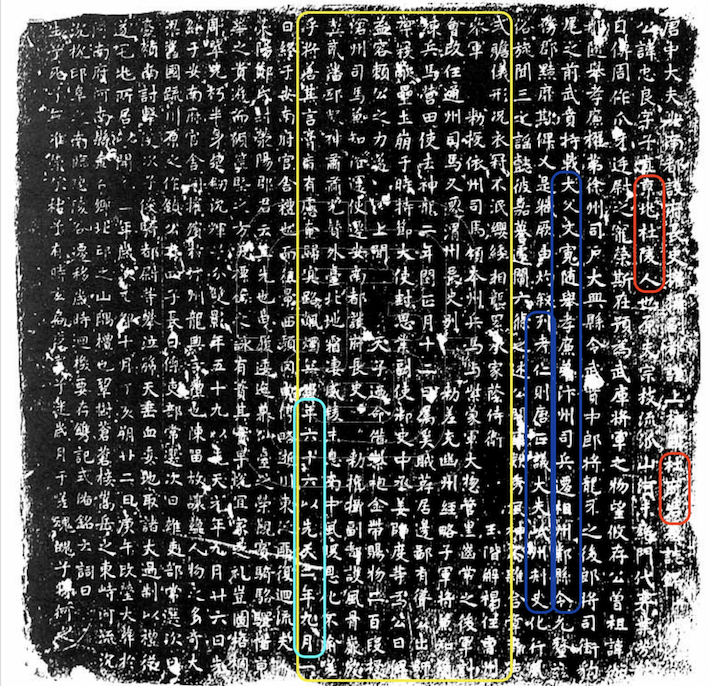
NEW YORK, NEW YORK—According to a statement released by New York University, Fangqi Wen of Ohio State University, and Erik H. Wang and Michael Hout of New York University, processed information related to social mobility in Tang Dynasty (A.D. 618–906) epitaphs, and determined that education and the development of the Keju, or Imperial Exam, which was used to select occupants for civil service positions, led to the decline of the aristocracy in medieval China. “Epitaphs written in medieval China, including the Tang Dynasty, tend to be highly detailed descriptions of an individual’s life with stylized prose and poems, and they contain granular information about the ancestral origins, family background, and career history of each deceased individual,” Wen said. The researchers conducted a statistical analysis of the lineages, names, and titles of offices held by the deceased’s father and grandfather, the deceased’s own career history, and educational credentials from more than 3,500 epitaphs, and combined the information with data collected from dynastic records and compiled genealogies. The results of the study suggest that education and the Keju led to the rise of meritocracy and social mobility. “Passing the competitive exam may have even equalized chances of subsequent success, as a father’s status was not a factor in the bureaucratic rank of men who passed the Keju,” Hout explained. Read the original scholarly article about this research in Proceedings of the National Academy of Sciences. To read about Tang Dynasty murals found in a tomb in northwestern China, go to "Beast Masters."


